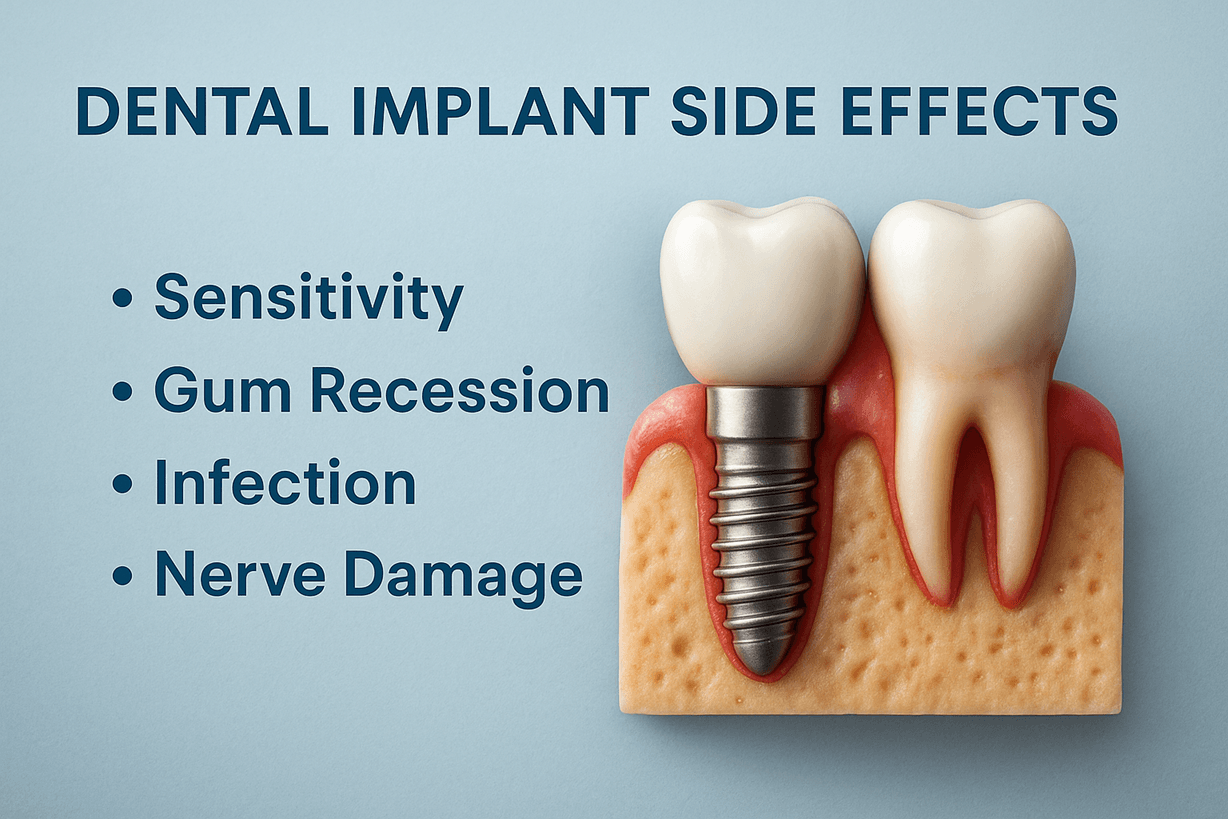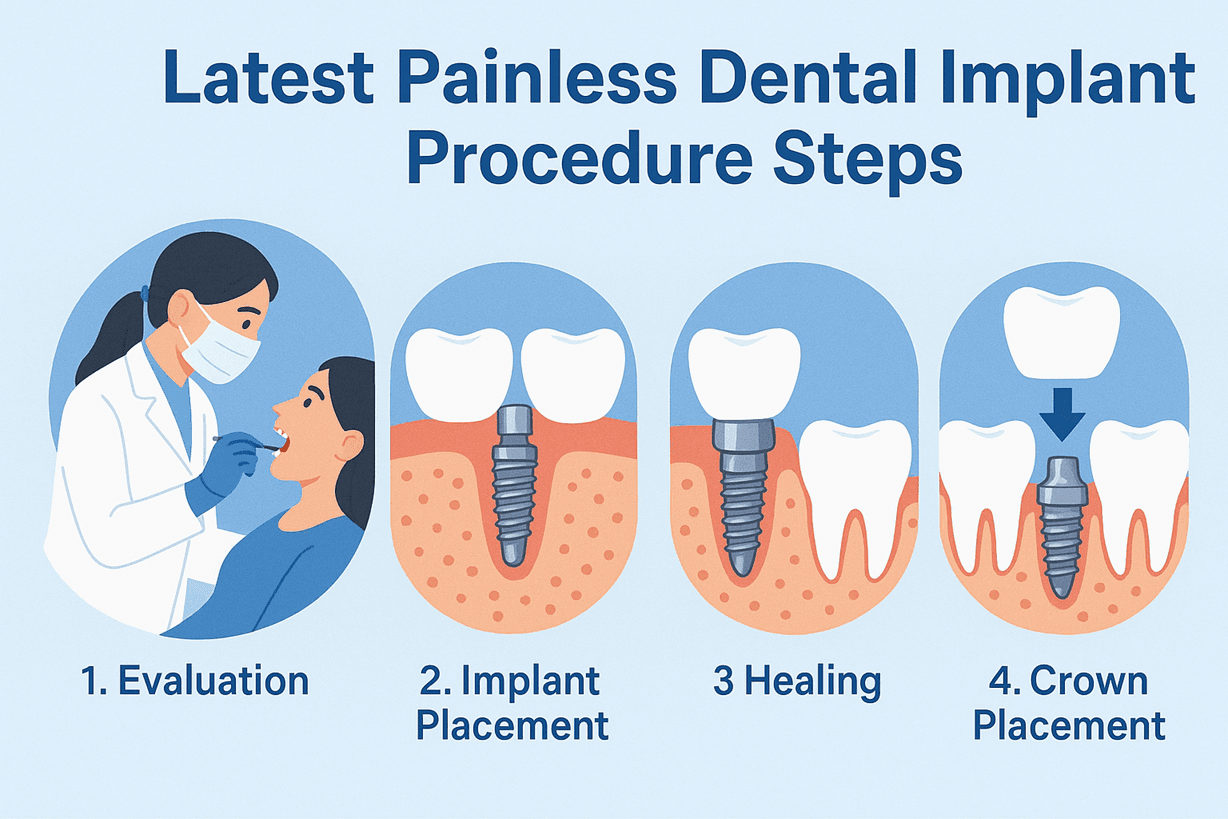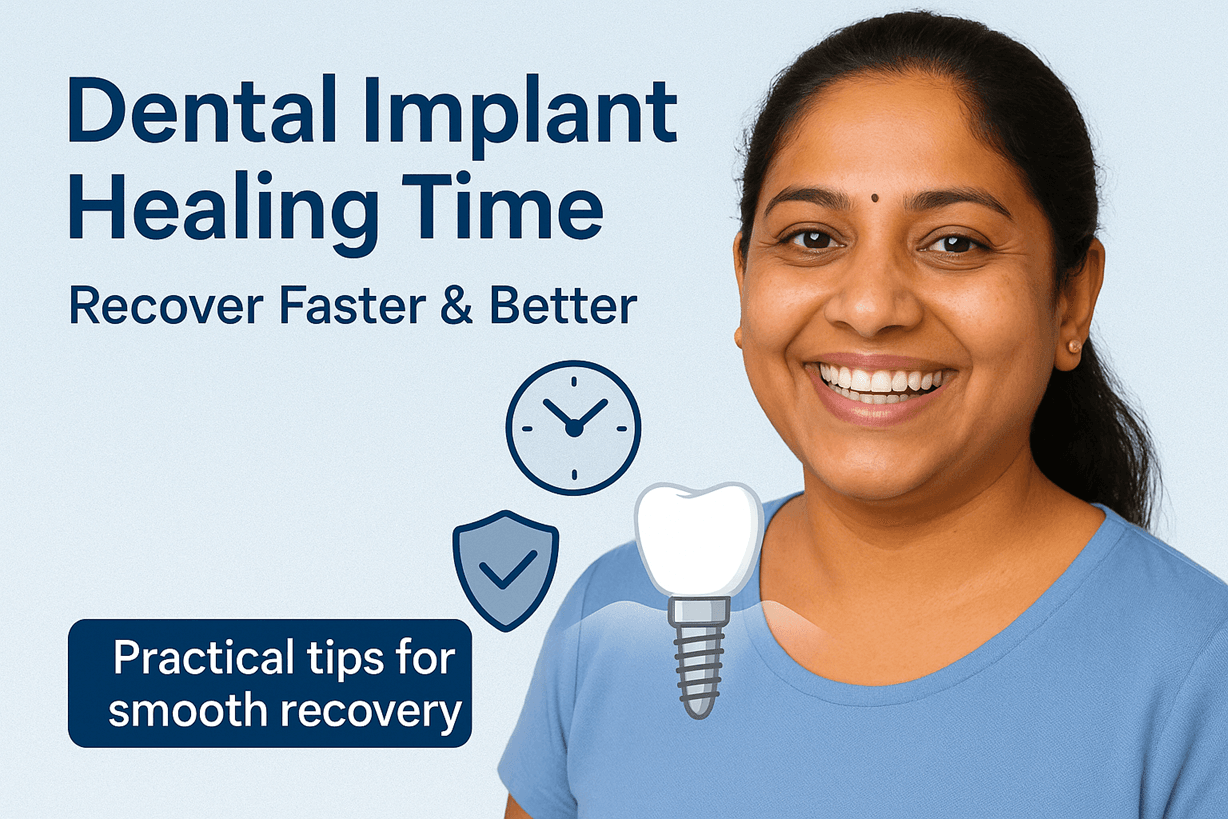Contents
If you're like most people, your mouthwash is likely sitting next to your toothpaste, just waiting for the moment you'll remember to use it, then this blog is for you.

Many people are unaware of its significant contribution to dental health. But before answering the question, let us see why we need mouthwash and some basics.
What is a Mouthwash?
Most mouthwashes just refresh your breath as their primary purpose.
While most mouthwashes serve this purpose, certain fluoride rinses can help shield your teeth from the acids that bacteria in your mouth make if you use them after thoroughly brushing and flossing your teeth.
No regular oral hygiene practices should be replaced by using mouthwash or mouth rinse.
If you have gum problems or are recuperating from an infection, your dentist may recommend a specific mouthwash or mouth rinse.
Does Mouthwash Work For Bad Breath?
Numerous studies have shown that mouthwash can play a significant role in maintaining the health of your teeth and the fresh mint flavour of your breath.
Mouthwashes can provide a wide range of advantages, such as breath freshening
Using mouthwash regularly might help make your breath smell better.
Decrease in bacteria: Tooth decay can result from bacteria that are left on your teeth. Gum disease and other illnesses may result from this. Mouthwash aids in eliminating these microorganisms.
Combining brushing, flossing, and mouthwash use can also reveal harmful germs that can result in bad breath and tooth problems.
Additional fluoride: Fluoride is a common element in mouthwash, and it helps to protect and strengthen teeth. Fluoride-containing mouthwash fortifies your enamel, strengthens your teeth, and aids in the prevention of cavities.
What is the Best Mouthwash to Use for a Bad Breath?
The main components of a comprehensive daily dental hygiene regimen are twice-day brushing and flossing, but you might also want to think about using oral rinses.
- Cetylpyridinium chloride (CPC), a germ-fighting component that has been demonstrated to be safe and effective while a small number of people have experienced a brief unpleasant aftertaste, may be present in oral rinses to fight bacteria in the mouth.
- Povidone iodine and essential oils are some additional components of mouthwash.
- Any mouthwash, however, can improve your everyday tooth hygiene practice.
- Overall, using a mouthwash containing essential oils, chlorhexidine, or povidone-iodine effectively reduced plaque and gingivitis-related bacterial markers.
Reason for Bad Breath
1. Poor Oral Hygiene
One of the primary causes of bad breath is poor oral hygiene. If you don't brush and floss regularly, leftover food particles in your mouth begin to decay, releasing a foul odor. These particles also encourage bacteria growth, which produces sulfur compounds responsible for the bad smell. Bad breath can also be an early sign of gum infections caused by the same bacteria.
2. Skipping Meals
Skipping meals can reduce saliva production, which is essential for washing away bacteria from your mouth. Without enough saliva, bacteria can accumulate, leading to bad breath. Certain medical conditions like liver disease, diabetes, and kidney failure can also contribute to bad breath, which usually resolves once the underlying issue is treated.
3. Dry Mouth (Xerostomia)
Dry mouth is a common cause of bad breath. Saliva helps clean the mouth by removing food particles and bacteria, so when your mouth is dry, it can result in bad breath. Treating dry mouth will improve your breath.
4. Diet and Food Choices
Strong-smelling foods like garlic and onions can lead to temporary bad breath. However, this is easily resolved with a quick rinse or brushing after eating.
5. Smoking & Other Factors
Smoking, stress, dieting, hormonal changes, aging, and snoring can also lead to bad breath. Additionally, postnasal drip can cause an unpleasant odor from the back of the tongue.
How Often Should We Use Mouthwash for Best Results?
After meals and before night, mouthwash usage is crucial. You should swish the drink in your mouth for about a minute after each usage.
Use mouthwash after eating if your food has a strong flavour. The easiest way to eliminate extra bacteria and germs before or after brushing is to use mouthwash right before bed.
Things to Keep in Mind While Using Mouthwash
Use mouthwash after brushing and flossing your teeth.
Additionally, keep in mind that mouthwashes and mouth rinses should not be used on children under the age of six because they may be more likely to consume the products than spit them out.
To answer the big question, Yes, mouthwash is the ideal supplement to your oral hygiene routine.
If you use mouthwash properly, it can be beneficial to your health. You should use a mouthwash that supports your oral health objectives in addition to brushing and flossing.
Try a different mouthwash if it causes burning or irritation in your mouth.
To benefit from mouthwash, you must use it properly and in conjunction with a comprehensive oral health plan.



